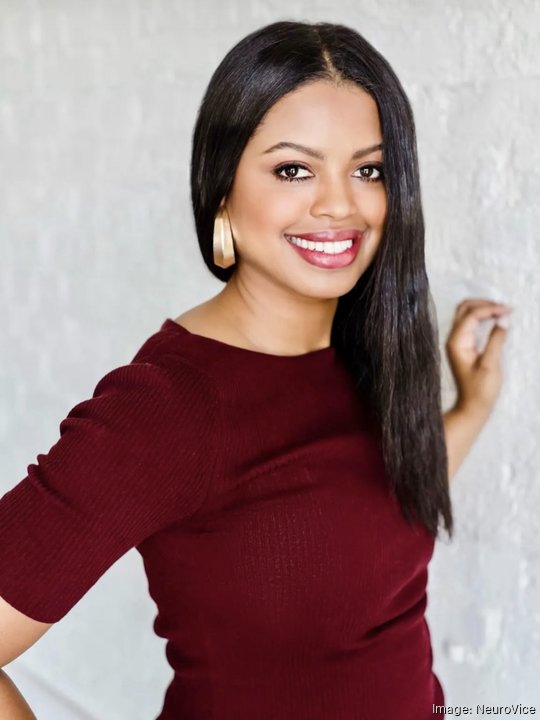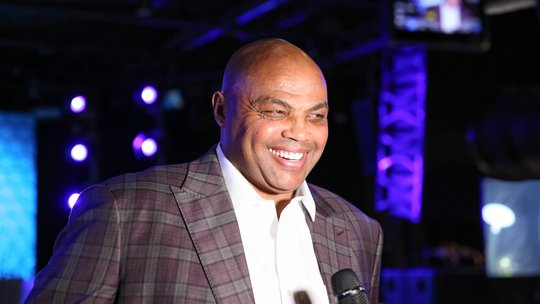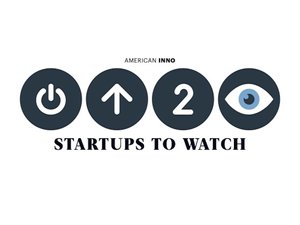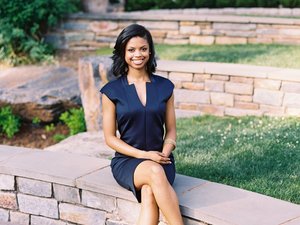
Ashlyn Sanders didn't set out to be an entrepreneur, but a health diagnosis set her down that path.
While pursuing a graduate degree in bioethics and science policy from Duke University, Sanders was diagnosed with a rare neurological condition called Chiari malformation that required brain surgery.
Sanders has lived with seizures since the diagnosis.
In 2016, she formed a Cary company, called NeuroVice, to develop a device that prevents oral injuries in patients during seizures. Now, the U.S. Food and Drug Administration has cleared the product, called the Protector Against Tongue Injury, or PATI.
The FDA on Feb. 22 cleared the device for use in patients 12 years and older with seizure causing disorders, including epilepsy. Sanders said the device can be prescribed by a physician to patients, who can carry the device with them and place it in their mouth prior to the onset of a seizure. The FDA also cleared the device for use by first responders who are assisting patients in medical emergencies.
Sanders said the device has the potential to be disruptive to the existing guidance from groups like the Centers for Disease Control and Prevention, which says to not put anything in the mouth of a person who is having a seizure.
"We're really excited about being able to offer patients a solution for a problem that's never been addressed," Sanders said.
Sanders has brought on two senior business advisors — Brad Wilson, former CEO of Blue Cross and Blue Shield of North Carolina, and Sam Searcy, chief commercial officer at Elixia Health — to assist with the next step for the company. Sanders said it has always been her intention to develop the device through regulatory clearance and position it for a sale to a larger medical device or pharmaceutical company.
Sanders said this approach felt like the best direction for NeuroVice as a larger company would be able to leverage its infrastructure to quickly commercialize the product. While these conversations are just beginning, NeuroVice has been contacted by a hospital system interested in using the device for patients and the company is moving through a vendor analysis process.
"We're really excited about that potential partnership and to offer this to patients," Sanders said.
To reach this point, Sanders has raised about $2 million through angel investors, and nearly $3 million overall, when including funds from various pitch competitions.

NBA Hall of Fame player Charles Barkley was one of the company's first angel investors and led an initial $600,000 round. Sanders said she reached out to Barkley after his appearance on the television show "Shark Tank." Barkley spoke in a profile that aired during the show of his interest in supporting women and people of color in the tech space.
Barkley invited Sanders to Atlanta to pitch her idea to him and others.
"It was a mix of serendipity and a little bit of good luck," Sanders said.
After securing initial funding, Sanders began working with Gilero, a Morrisville-based company focused on designing, developing and manufacturing medical devices and drug delivery systems. Sanders also began working with a board of advisors to move the device forward from an early concept to a final product.
"It was moving something from ideation on the back of a napkin to something that really works and has clinical utility for patients and their families," Sanders said.
After putting her plans on hold for a few years to focus on NeuroVice, Sanders in 2021 took a step toward her long-term dream of becoming a physician and enrolled at Wake Forest Medical School. She's in her third year of school now, and is on track to graduate in 2025.
Sanders doesn't know if she'll return to entrepreneurship after closing a deal for PATI, but she maintains a notebook of inefficiencies in health care. But in the meantime, as she completes medical school, NeuroVice is beginning to meet with companies who could acquire and commercialize the device.
"We're at the very beginning of that," Sanders said. "The FDA clearance was the last milestone and now we're in a position to start those conversations."

